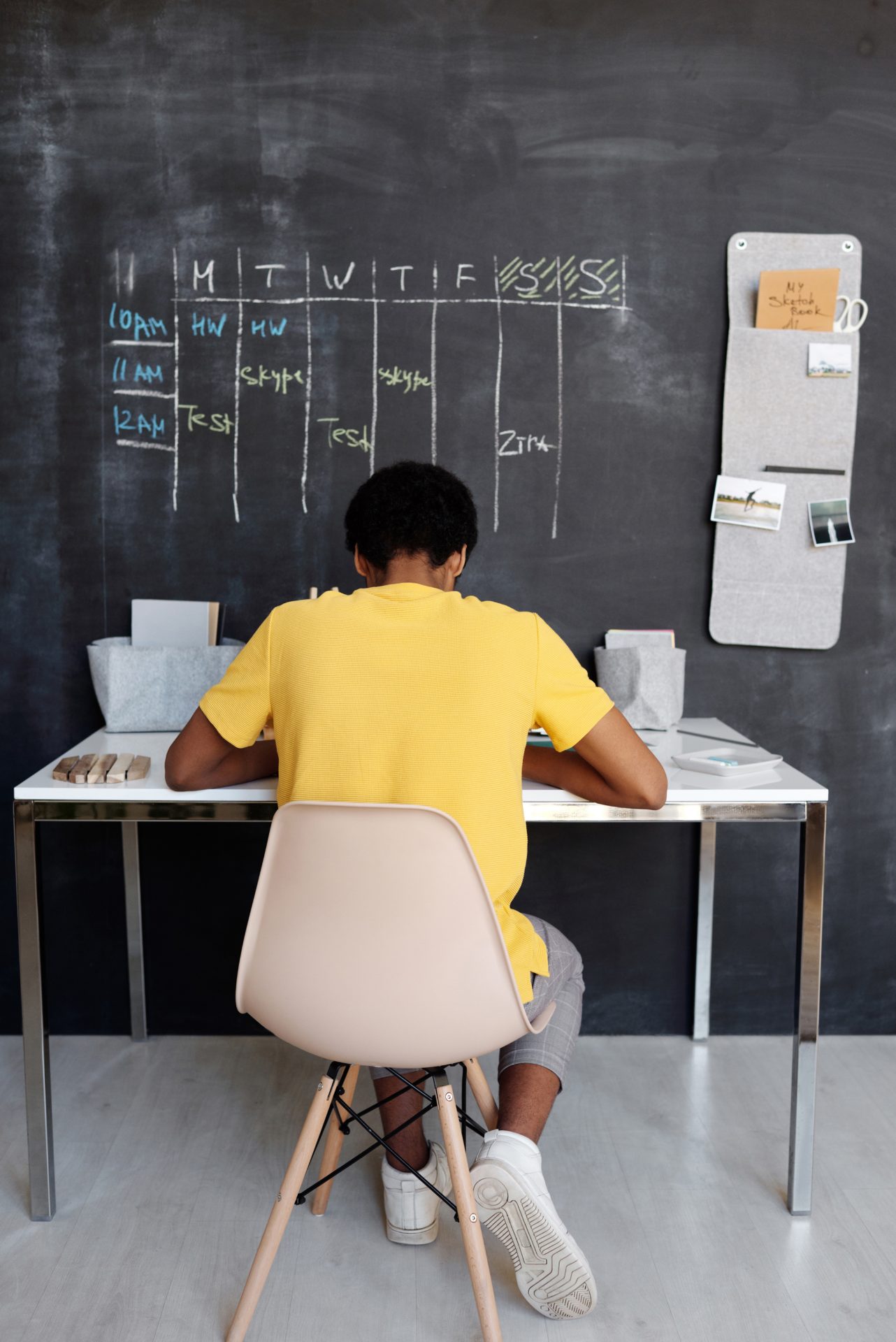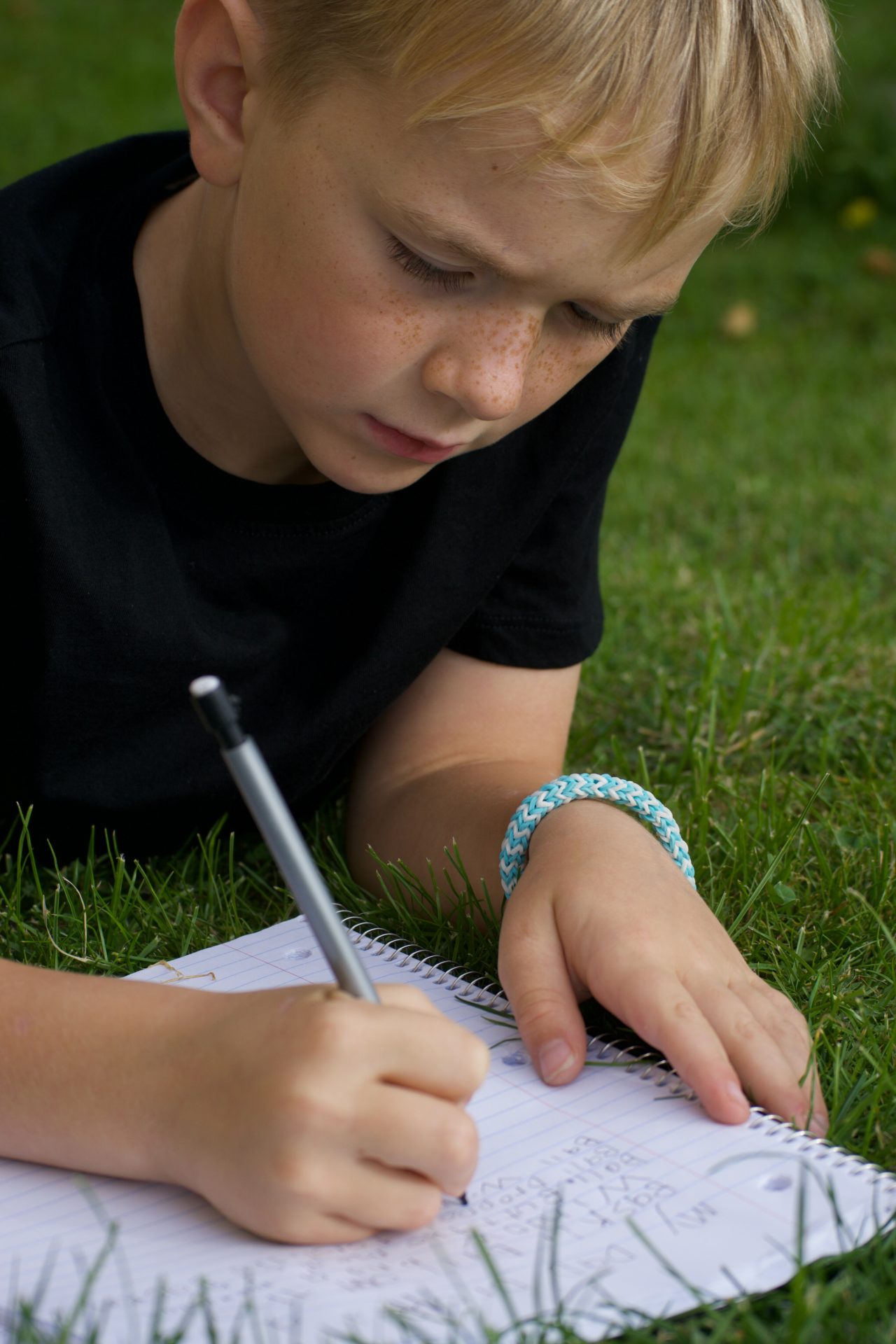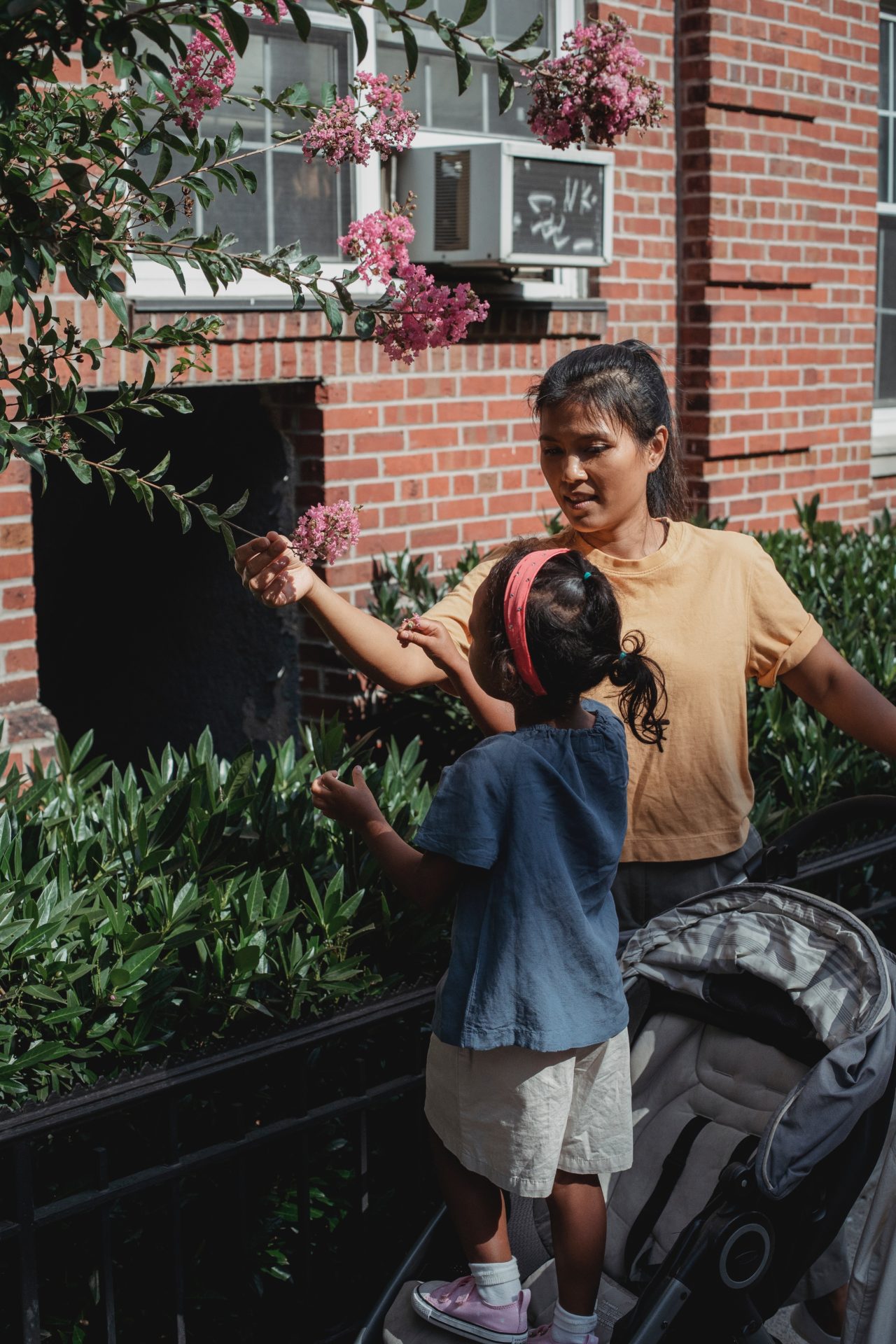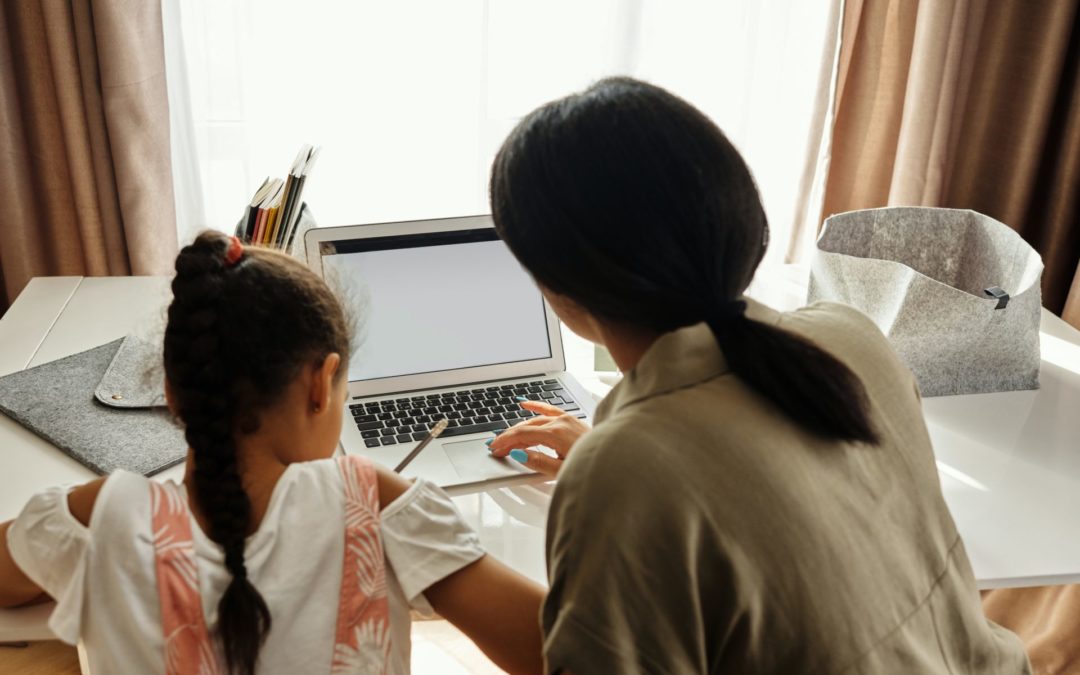
Home Schooling
Some thoughts on homeschooling during lockdown (2).
Happy New Year from Well Minds Listening!
For many families this New Year brings with it the forced challenge of homeschooling.
Digital platforms will soon be showcasing what other mums, dads and carers have achieved with their children each day. These proud, well meaning posts can very often bring yet another anxiety provoking pressure. Like social media posts, we can be sure that the product did not always have a smooth process and it is this I urge you to remember – it can be very hard not to compare.
There is so much being written about this at the moment so I’m not saying anything new here, but as a primary teacher, mum and mental well being champion, here is my perspective.

Every family is different. Every child is different. Every day is different. How we feel on a given day (hour/ minute) is different and how our children feel at this very same time is also different. Some of us will have to juggle homeschooling with work. Some with babies and toddlers, some with caring responsibilities, some with abusive partners / family members, some with loneliness, some with financial pressures, some with physical illness, some with grief and loss … the list goes on.
We ALL have to balance it with what’s going on for us and our mental health.
For many, forced homeschooling is a daunting prospect. Memories may be jogged about experiences from ‘the first time round’. Many fear it. For others, it is a blessing to have more autonomy over our child’s education. More time with our most precious ones. For several, it will be a mixture of these, a confusing state of being. But we can get through it. Here are a few thoughts about involuntary homeschooling, generally geared towards primary aged children.

- Do what you can. I was surprised this advice did not come out to every parent/ carer last time our schools were closed. Don’t worry if you don’t get through every task for the day. Just do what works for your family and circumstances.
- Be wary of ‘should’. We are very good at being hard on ourselves. We may tell ourselves we SHOULD be feeling grateful or lucky or fortunate. Maybe we do feel these things but we can also feel resentful, exhausted and smothered. That is okay. Acknowledging and accepting how you feel can be very helpful in processing and ‘getting through’ a difficult moment or day /week! There is no ‘should’ about how we feel. How we feel is how we feel.
- Check-in with your child’s teacher. Every teacher I know will be missing their class which includes your child. Just a quick ‘hi’ will really make a teacher’s day. If your child’s teacher doesn’t hear from one of their pupils for an extended period of time they will worry about them – teachers have mental health too. If you can, be honest about how things are. If a task is difficult for your child (or you), if you don’t have the resources, or the time, or the energy that day to support your child with a task it’s okay. Teachers will (should! – did I say should!!!?) understand.


- Most children (every child I have ever taught) like structure. This certainly doesn’t have to be every day timetabled out to the minute! A good start is having rough timings for the day, with breaks scheduled in. A typical school day will be roughly 9.30 -10.30, Break 10.50 – 12.30, Lunch 1.15 – 3pm. This doesn’t mean that we have to be busy working on tasks from 9.30 – 3pm. Homeschooling is very different from classroom schooling where there is the opportunity for discussions, group work and pair work. It could be that you choose to do tasks in the morning and have a more relaxed or physical afternoon, or vice versa. Talk with your child about what has been set for the day and work out a rough timetable. Some children really thrive on this and will be really keen to help plan the day. Other children will need persuaded just to engage. Having break and lunch around the same time can be really helpful in structuring the day. Give children (especially younger ones) lots of movement breaks and times when they can have free play.
- Get outside as much as possible. If you can. Many children will be doing a ‘daily mile’ as part of the school day – getting out for a walk. This will help reset and hopefully revive everyone. It will also provide a focus for the day. Being outside can provide a wealth of learning opportunities. If your child is curious about what’s going on when you’re out on a walk – go with that (if you can and you have time). Try not to worry about rushing home to do what I’ve heard being referred to as ‘real’ work. The Scottish Curriculum really encourages that we respond to what our learners are interested in. We do a lot of outdoor learning, active learning and play learning in schools right now. Children are encouraged to be curious and ask questions, make predictions and do experiments, and teachers will take the lead from their pupils as to what next steps are in learning.


- Please remember that teachers are human too – with their own Mental Health. They may be juggling their own kids’ homeschooling or any of the aforementioned situations.
- Don’t worry if it goes to pot one day. It happens to everyone. And I am not ashamed to say it happened many times over the years in my classroom. It happened many more times in my kitchen last Spring! Admitting things haven’t gone to plan and chatting about this with your child can be a brilliant lesson in itself.
- Teaching your own children in your own home is VERY different from teaching in school. Sometimes I found myself asking “why is it harder teaching one 6 year old (with a 3 year alongside) than a class full of 6 year olds?!”. Be kind to yourself if you’re finding it tough.
"Sometimes just getting up and carrying on is brave and magnificent"
Charlie Mackesy, The Boy, the mole, the fox and the Horse
Always seek professional help if you’re struggling with mental health. This article and all articles from Well Minds Listening provides infromation for public use and should not be construed as health advice.


Such a helpful article, Katie! I will be sharing this with homeschooling parents I know.